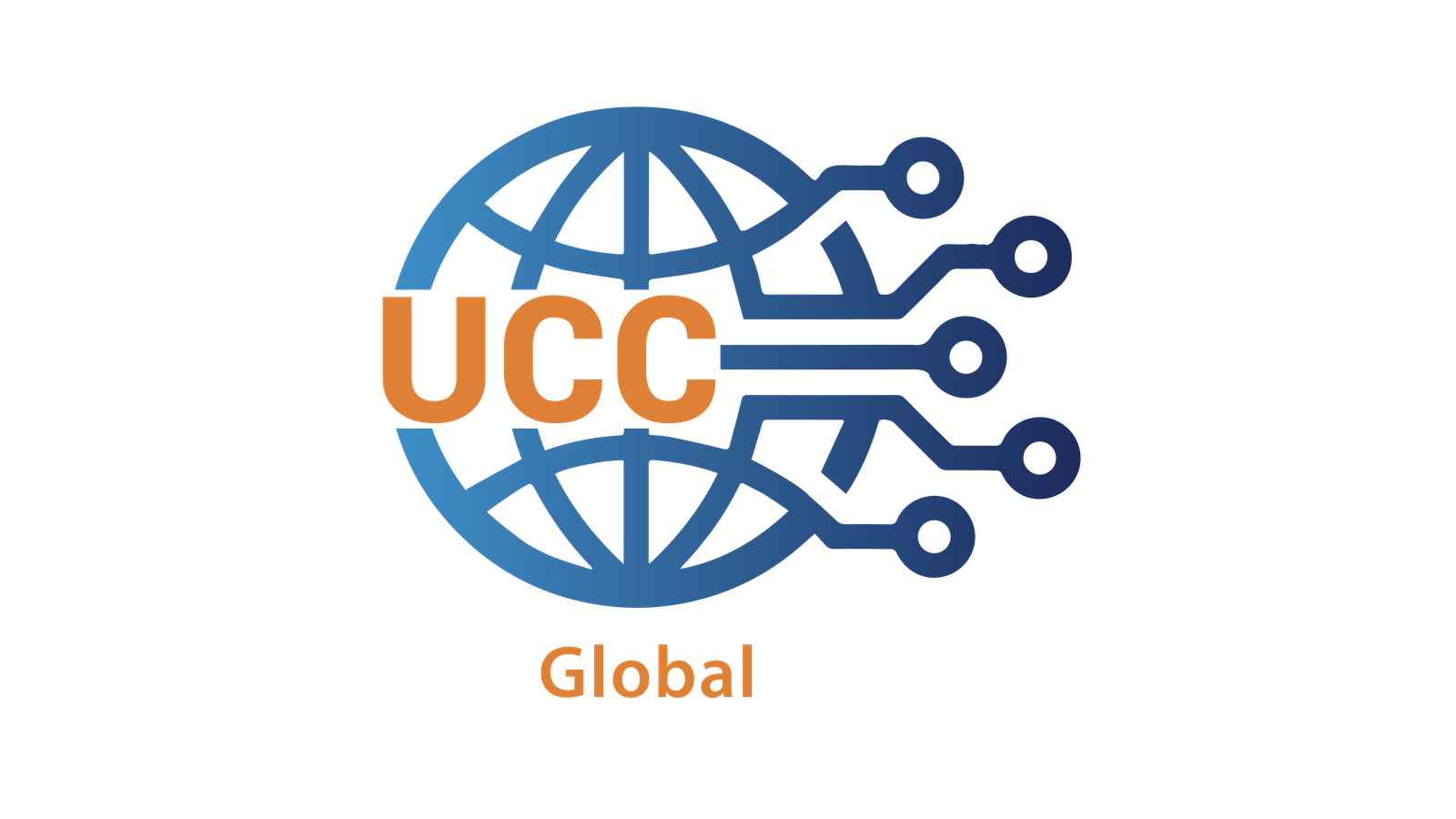IEEE Standards
IEEE Standards
At UCC, we have an experienced team of engineers and consultants who can help your organization understand and comply with IEEE standards.
The IEEE Standards Association (IEEE SA) is the globally recognized standards-setting organization of the IEEE. It creates consensus standards through an open process that connects agencies and brings together multiple stakeholders. The IEEE standards establish specifics and best practices based on current science and technology.
The IEEE standard is used by many different industries, e.g.
Information Technology: The IEEE standards for information technology cover a wide range of topics including networking, networking, and computing.
Electrical and Electronic Engineering: IEEE standards for electrical and electronic engineering cover a wide range of topics including power, electronics and telecommunications
Manufacturing: IEEE standards for manufacturing cover a wide range of topics including quality, safety and reliability.
Healthcare: IEEE standards for healthcare cover a wide range of topics including medical devices, clinical trials and patient safety.
IEEE standards are important for several reasons, e.g.
They provide a common language for communication: IEEE standards provide a common language for communication between different stakeholders, such as engineers, developers, and users This can be helpful for productivity and innovation has been improved.
Interactivity is encouraged: IEEE standards encourage interoperability between products and systems. This can help reduce costs and improve efficiency.
They improve safety and reliability: IEEE standards can help improve safety and reliability by providing design, manufacturing, and testing guidance.
Intellectual property is protected: IEEE standards can help protect intellectual property by providing a mechanism for registration and enforcement of standard licensing
The IEEE standards are voluntary, but widely accepted by the industry. This is because IEEE standards are developed with rigorous processes to ensure that they are technically sound and reflect market needs

